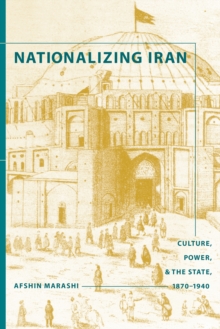
Everyday Modernity in China PDF
Edited by Madeleine Yue Dong, Joshua Lewis Goldstein
Part of the Studies in Modernity and National Identity series
Description
Is modernity in non-Western societies always an alternative modernity, a derivative copy of an original modernity that began in the West? No, answer the contributors to this book, who then offer an absorbing set of case studies from modern China to make their point. By focusing on peoples ordinary routines of working, eating, going to school, and traveling, the authors examine the notion of modernity as it has been staged in the minute details of Chinese life.
Essays explore peoples basic search for food, water, and lighting during the late-Qing -- early republican era; contradictory attitudes toward women and the violence of foot-binding; the role of Chinese scientists in promoting a shift to modern, nationalistic discourses; the growing popularity of savings banks among urban Chinese in the early twentieth century; the transnational and national identities of returned overseas Chinese in Xiamen, Fujian Province; and middle-class Shanghai travelers who imagined themselves as cosmopolitan consumers.
Looking at the post-Mao reform era of the late twentieth century, contributors explore the theme of revaluation that is, the way Chinas move into global capitalism is commoditizing goods and services that previously were not for sale, from domestic labor to recycling and water resources, in an increasingly consumer-oriented society.
Information
-
Download - Immediately Available
- Format:PDF
- Pages:336 pages
- Publisher:University of Washington Press
- Publication Date:15/11/2011
- Category:
- ISBN:9780295801155
Information
-
Download - Immediately Available
- Format:PDF
- Pages:336 pages
- Publisher:University of Washington Press
- Publication Date:15/11/2011
- Category:
- ISBN:9780295801155










